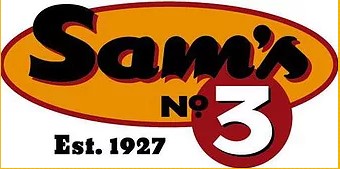Follow Us x
Right Way Foundation Youth Prevention and Early Intervention Program
Our Program is designed to work with troubled and at risk youth to help overcome obstacles
The Right Way Foundation Youth Prevention and Early Intervention (PEI) program services are intended to implement strategies to prevent youth from becoming non-productive youth, with potential toward delinquent and criminal behavior. We focus on emphasizing improvement as well as timely access to services for underserved populations. The Right Way Foundation looks to build confidence, teach decision-making skills, as well as facilitate healthy interaction.
The Right Way Foundation Boot Camp is a volunteer or court ordered program. The approach to at risk youth is focused on physical fitness, education. Our mission is to give youth the confidence, coping mechanisms and communication skills that will help them become better version of themselves.
The Right way Foundation Youth Prevention and Early Intervention program is designed to help ages from 8-24. The Forward-thinking approach is one of the tools used to help our at-risk youth by educating this group about drugs, bullying, gangs, sexual aggression and alcohol use and prevention.
Forward-thinking is a cognitive behavioral series that uses evidence-based strategies to assist youth involved within the criminal justice system and to deter those headed toward self-destruction. By applying the tools provided within the interactive journals to their own lives, participants can achieve positive results and responsible living.
The Right Way Foundation main focus is to help prevent the "cradle to prison pipeline" by getting as close to the beginning of the pipeline as possible and addressing the youth individual needs.
Forward Thinking Method
We use the Forward-Thinking Method to help young people adjust their thinking process. By learning to connect feelings and behaviors, they can strategize their decisions and better their coping skills.
Forward-Thinking Method Steps:
- Understanding how your behavior
- Examining consequences of your behavior
- Learning how to manage and recognize your potential






